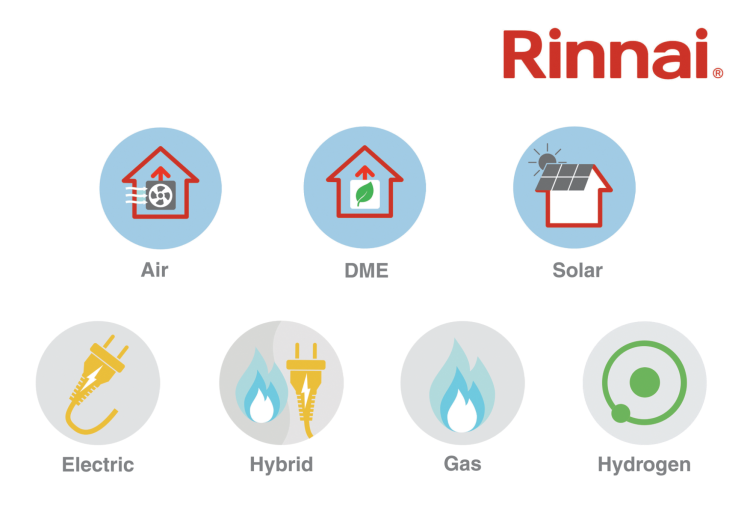12 January 2021 | Updated 03 March 2021
Leesman has released details on what they consider to be the “acute factors” impacting employees’ ability to work remotely.
A major study across 145,000+ global employees has revealed insights that could indicate that the ability to learn from others is under threat, with a third (33.7 per cent) of employees reporting that this activity is not supported when working remotely.
Nearly half (43.9 per cent) do not agree that their home environment supports “informal social interaction”, and a further 28.2 per cent cannot agree that their home set up allows them to collaborate on creative work.
More than three in 10 (30.2 per cent) dispersed employees feel disconnected to their organisation, and 27.8 per cent are unable to maintain a healthy work-life balance.
Leesman, an independent assessor of employee workplace experience, is warning businesses that they “face a crisis of trust” in 2021 if they leave these pain points unchecked.
"Employees’ demand for clarity and certainty will only increase as global vaccination programmes ramp up, so clear plans, evidenced with front line employee experience data, will be more in demand than ever before.”
–Tim Oldman
CEO, Leesman
Businesses Warned of a Looming Crisis of Trust in 2021
According to Dr Peggie Rothe, Chief Insights & Research Officer at Leesman, organisations need a more comprehensive understanding of their employees’ experience to accurately model their post-pandemic work landscape.
Organisations which prolong decisions about the role of office-based and remote working in their post-pandemic work landscape further risk employees disconnecting with colleagues and the organisation.
Dr Rothe explains: “In times of change, employees need to know what to expect from their workplace when the turbulence ends. Without this clarity, employers risk losing those employees that they have spent years developing. And as the global pandemic and the remote working revolution together have removed the geographic boundaries previously limiting organisations’ talent strategies, we are approaching a new war for talent.”
.jpg)
Picture: a photograph of Dr Peggie Rothe
Leesman’s research, published in a new report titled ‘Your Workplace of the Future’, reveals that both the physical workplaces that employers offer and the remote work setting the individual employee has available to them are critical in that risk assessment.
On a subset of the data across 22,000+ respondents who reported on both their office and home working experience at the same time, four key variables were found to have the greatest impact on these critical outcomes:
- The nature of the home working setting available to an employee – Data consistently found that employees’ physical home settings offer the strongest indicator of their overall remote working experience. Employees with a separate space have a better experience than those without
- The complexity of an employee’s role – From individual, desk-based work to creative thinking, the more variety and complexity in types of work activities, the more challenging it is for their work environment to support those different needs. Data showed that employees with less complex roles were more likely to be able to work effectively remotely than those that had greater diversity in the number of activities that make up a typical working day
- The extent to which employees need to collaborate – While the vast majority of employees agree that they have the remote technology tools they need, the extent to which they need to collaborate in their role still has a bearing on which location they felt was best suited to their role. But the data also showed that this individual or collaborative split was rarely as binary as many commentators suggest, with few employees falling into either the highly collaborative or highly individual categorisations
- The experience employees had in the workplaces they used pre-pandemic – The quality and effectiveness of the spaces previously provided for employees have been shown to strongly impact how they now rate their remote experience. And the better the experience of those corporate workplaces pre-pandemic, the more time employees want to spend back there when it is safe to do so.
Tim Oldman, Leesman CEO and founder, commented: “The pandemic has undoubtedly compressed years of remote working evolution into a matter of months and, on the whole, with much success. But with vaccination programmes underway in many countries, organisations must urgently turn their attentions to their post-pandemic workplace thinking.
“Executive leadership teams must get to grips with how their employees’ experiences, attitudes and expectations have changed and ready their strategies for where employees will be based in the future. Employees’ demand for clarity and certainty will only increase as global vaccination programmes ramp up, so clear plans, evidenced with front line employee experience data, will be more in demand than ever before.”
Picture: a photograph showing a person sitting at a desk, writing on a pad of paper
Article written by Ella Tansley | Published 12 January 2021
Share
Related Articles
One-Third of Home Workers Feel Disconnected to Their Organisation and Colleagues
Over a third of home workers (35 per cent) feel disconnected to their organisation when working from home and a further 31 per cent feel disconnected to their colleagues,...
Read Full Article
Are Cars The New Offices?
As the UK workforce faces more uncertainty about their working location, a survey by heycar has revealed that many are finding their cars a more suitable place to work...
Read Full Article
Leesman Home Working Survey – The Impact on Employee Experience
Leesman has presented the key highlights of their latest data exploration into home working and employee experience.
The workplace experience assessment benchmark...
Read Full Article
Studies Show Home Workers Suffer Higher Rates of Back Pain
An independent study of over a thousand workers shows that the rate of chronic sufferers of back pain is highest among those working from home full-time.
Conducted by...
Read Full Article
Back Care Awareness Week – Risks to Home Workers
Most of us have probably been guilty of working in unusual places over the last eighteen months, but is your sofa desk contributing to your back pain?
In 2019-20...
Read Full Article
One Fifth of Workers Feel Working Remotely Means Less Recognition
20 per cent of UK office workers feel their work is at risk of going unnoticed because of working from home.
Working remotely has increased productivity and the number...
Read Full Article
Musculoskeletal Injuries in UK Employees on the Rise
Working from beds and dining tables is contributing to a rise in work-related musculoskeletal cases.
In 2020, there were 37.7 per cent work-related musculoskeletal...
Read Full Article
When Will Offices Reopen in 2021?
It’s been almost a whole year of working from home for many of us, and some are predicting when offices will reopen.
54 per cent of us are apparently happy to...
Read Full Article
Staff Miss Out on £4,785 a Year From Extra Hours Worked From Home
New data has revealed that UK employees could be missing out on £4,785.30 a year due to working extra hours at home.
According to a survey carried out by...
Read Full Article
Five Tech Companies Embracing Their Office Space
Despite 2020’s working from home revolution, five of the biggest tech giants are still demonstrating confidence in their physical office space.
Recent research...
Read Full Article

.gif)
.gif)


.gif)



.jpg)




.png)

